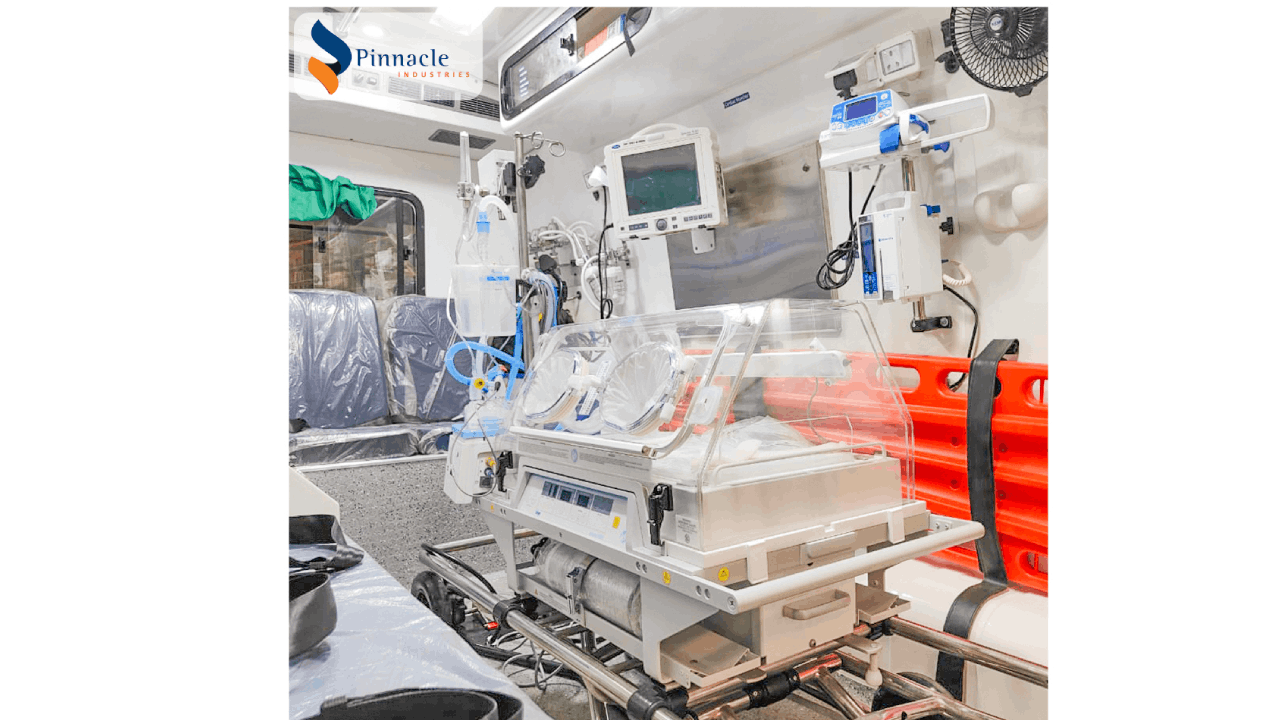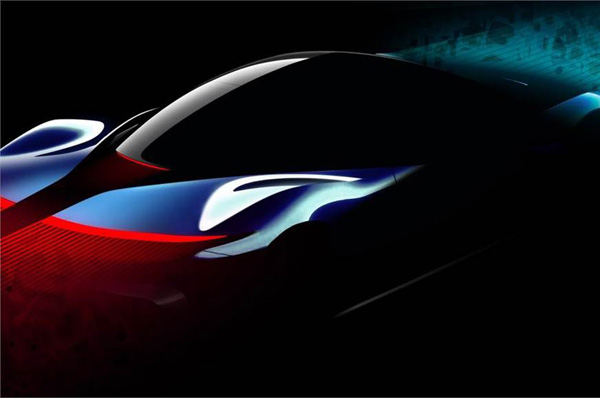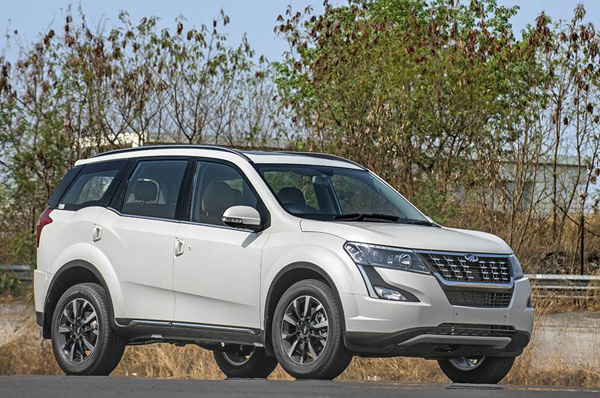General Help
Get information about our website or Droom services
Pinnacle Industries introduced the newest range of approved Neonatal Ambulances especially developed for the Government of Maharashtra. Having said that, these ambulances will come equipped with all the necessary medical facilities and advanced technologies. The aim is to deliver the best medical care to the newborn. Furthermore, the company has announced that it has already delivered a total of five Neonatal Ambulances to the Government of Maharashtra today to provide advanced Life support to the neonates.
Talking about the Neonatal Ambulances in detail, they are specially designed Ambulances for Child Care / New-born babies with focused fabrication in Anti-bacterial ABS interior panels. Furthermore, the ABS material that is used to build the interiors of these ambulances is non–permeable and does not get affected by disinfectants. Also, these materials are as per FR & Automotive Grade applicable norms.

“India is rapidly developing its healthcare infrastructure and we at Pinnacle Industries are committed to providing world-class health transportation facilities in India. Our new range of Neonatal Ambulances is designed & built to ensure emergency transfers for newborns those who require specialist treatment and critical care. We have provided our fleet of 5 Neonatal Ambulances to the Government of Maharashtra today and are in talks for 50+ of these vehicles with various other agencies as well. We are confident that such initiatives will help reduce neonatal-related challenges faced in the Tribal - Urban – Metropolitan areas,” as commented by Arihant Mehta, President, Pinnacle Industries Limited.

Automobili Pininfarina has released performance details ahead of the car’s showing at Pebble Beach.
Read More
Maruti Suzuki, Mahindra, Tata, Honda, Ford and Mercedes said rising commodity rates and rising fuel prices are the reason.
Read More